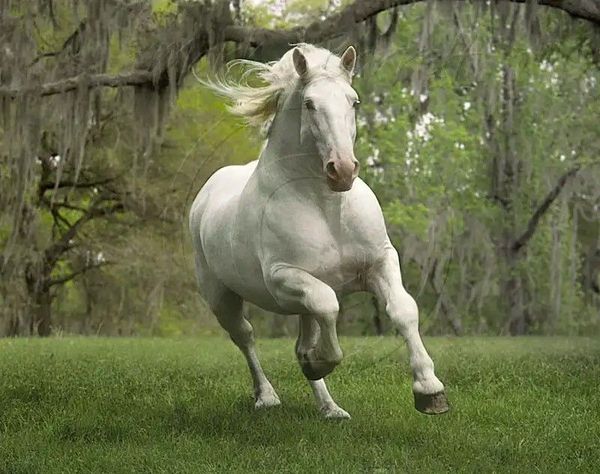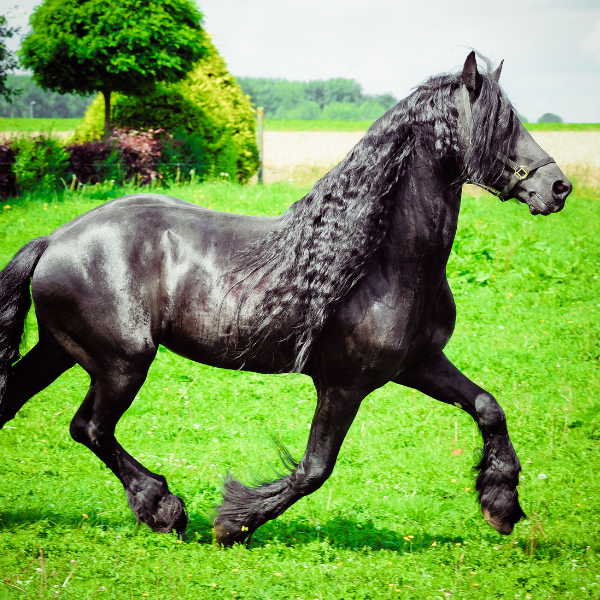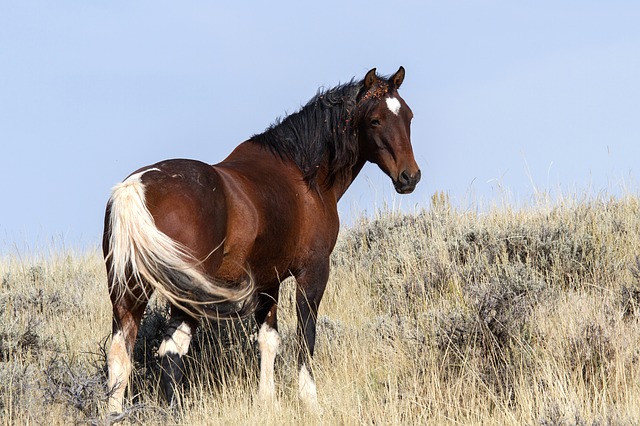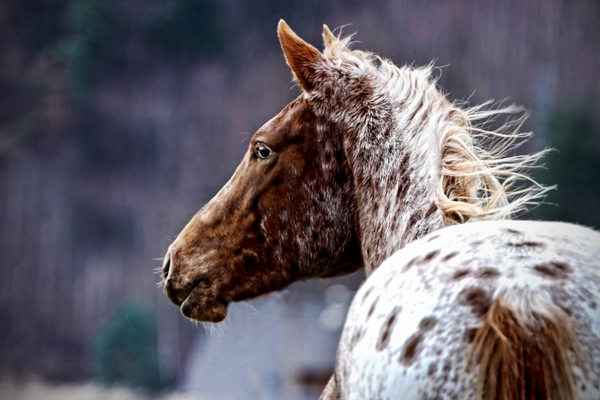Not So Wild Horses: The Appalachian Brumby Crisis
All photos in this post are property of Heart of Phoenix Equine Rescue.
Across West Virginia and Kentucky, thousands of horses who have been released, and continue to be released, roam on desolate mine sites.

With little known of their past, let alone lineage, Appalachian Brumby is the term that has been coined to describe these horses.
While the thought of them may seem exciting and magical, the fate of these “wild” horses is far from a fairy tale ending.
What is an Appalachian Brumby?
An Appalachian Brumby is any free roaming, feral horse, rounded up on a strip mine in the Appalachian Region (mainly West Virginia, Kentucky, or Ohio).
They are often a mix of different gaited breeds, sometimes with some Quarter Horse lineage thrown in.
Most of these horses were domesticated at one point, and have since been released on mine sites by their owners for one reason or another.
Whether they no longer wanted to care for the horses, or were looking to sell them and in the meantime released them to save on costs of care, these horses are livestock who have been abandoned and are not native to the land.
In most states, it is illegal to abandon livestock, especially on private property which is exactly what most old mine sites are.
West Virginia, Kentucky, and Ohio all have laws against the abandonment of livestock.
These laws are often left up to local sheriffs to enforce, who often do not have the knowledge or means to handle these horses.
And so there seems to be a chain reaction, as soon as someone hears of another releasing their horses and getting away with it, they get the idea to try it themselves and so the issue continues.
These animals are domesticated.
They are not mustangs.
They are not wildlife.
They are livestock.
And they need to be cared for as such.
Their current situation has resulted in the crisis at hand.
What Makes it a Crisis?
Many of these horses are suffering from malnutrition and starving.
Winter weather sends these horses in search of food, which often leads to them wandering into towns where they can destroy property.
They make their way into traffic, licking salt from the roadways due to insufficient nutrition.
This can lead to them being hit by motorists or causing accidents, a hazard to themselves as well as people.
Many births and simple injuries go horribly wrong where simple human intervention could have prevented the pain and suffering the horse then endures.
These horses are deprived of basic nutrition, farrier care, and vetting that they depend on us for to survive.
The sad fact is, even in the summer months many of these horses will starve to death as the reclamation efforts on abandoned mine sites are not intended to support countless roaming horses.
Many coal companies have worked to restore the natural habitat that had been destroyed by mining in these areas, to accomodate native animal species that may have been displaced from the mining.
Horses eat everything down to dirt, this foliage then runs a chance of not growing back, ruining years of reclamation work.
This can negatively affect native wildlife in multiple ways.
Whether being run off the mine lands being outnumbered by the horses, or if they rely on the plants the horses are eating as part of their survival.
Not only are these horses competing with native wildlife for food, but they are also being hunted by humans for sport or population control.
Bullets, arrows, or ATVs running them down.
Some of these animals are born feral, but many are friendly, previous trail, show, or companion horses who have been abandoned and left to fend for themselves in ways they were not bred to do in areas that are not meant to sustain them.
These horses are not thriving, they are barely weathering through.
What is Being Done?
Heart of Phoenix Equine Rescue is West Virginia’s largest, most effective equine advocacy organization covering Appalachia.
Not only does Heart of Phoenix move horses through round ups, where they endure huge expenses to attempt to corral these horses to then take on their care and transition them to a better life, they have also been a huge advocate for change.
They have talked to national advocacy groups, brought in people and rescues from other states to assess the situation, and lobbied to state legislature over and over.
They recognized a crisis happening in West Virginia that no one outside of those experiencing it had any clue existed.
Years of their advocacy and documentation has made sure that not just the country, but the world, knows what the horses of Appalachia are enduring, and that it needs to change.
What Can You Do?
Education builds awareness, and awareness leads to change.
Help to educate as many individuals as you can and advocate for the horses of Appalachia who have been abandoned.
Contact your West Virginia, Kentucky, or Ohio legislative representatives to request more humane action for these horses.
If you’re able, you can support the rescues working to help these horses by donating. You can donate to Heart of Phoenix Equine Rescue here.
To learn more on the Appalachian Brumby Crisis, you can find information here.

Lauren is an internationally published author, trainer, and has helped hundreds of horse-rider combinations create lasting bonds and the success they desire. Check out Lauren’s incredible story: From horse-crazy girl to international equine educator. Or if you want to send Lauren a quick message, check out her contact page here.



